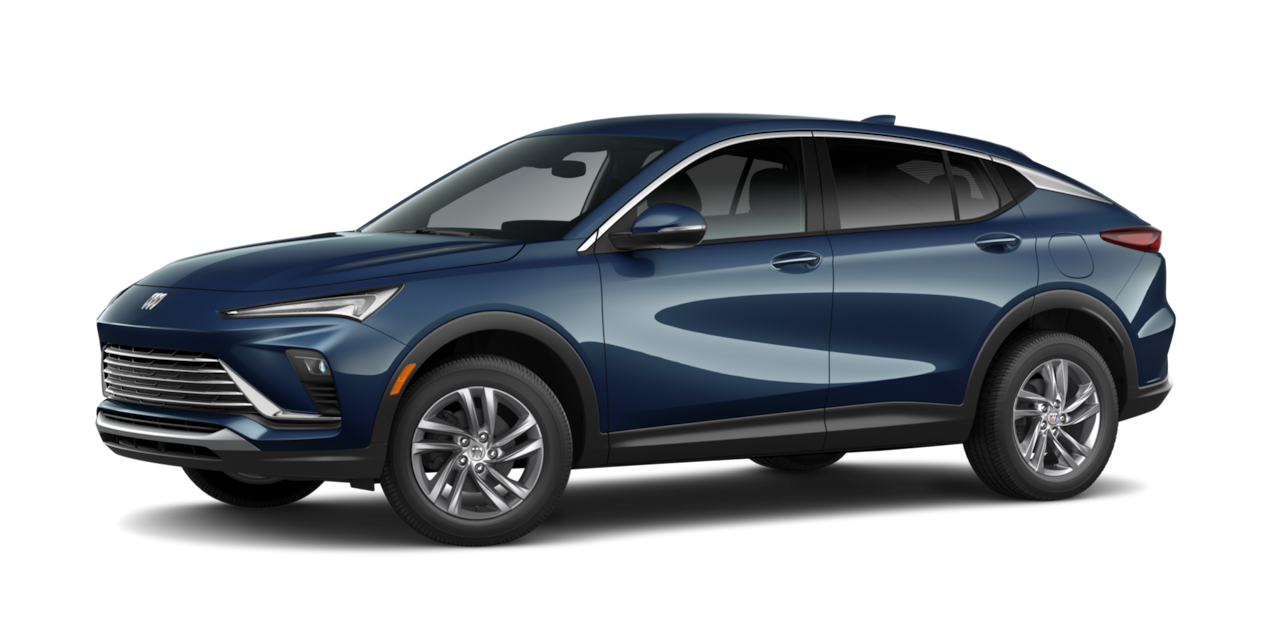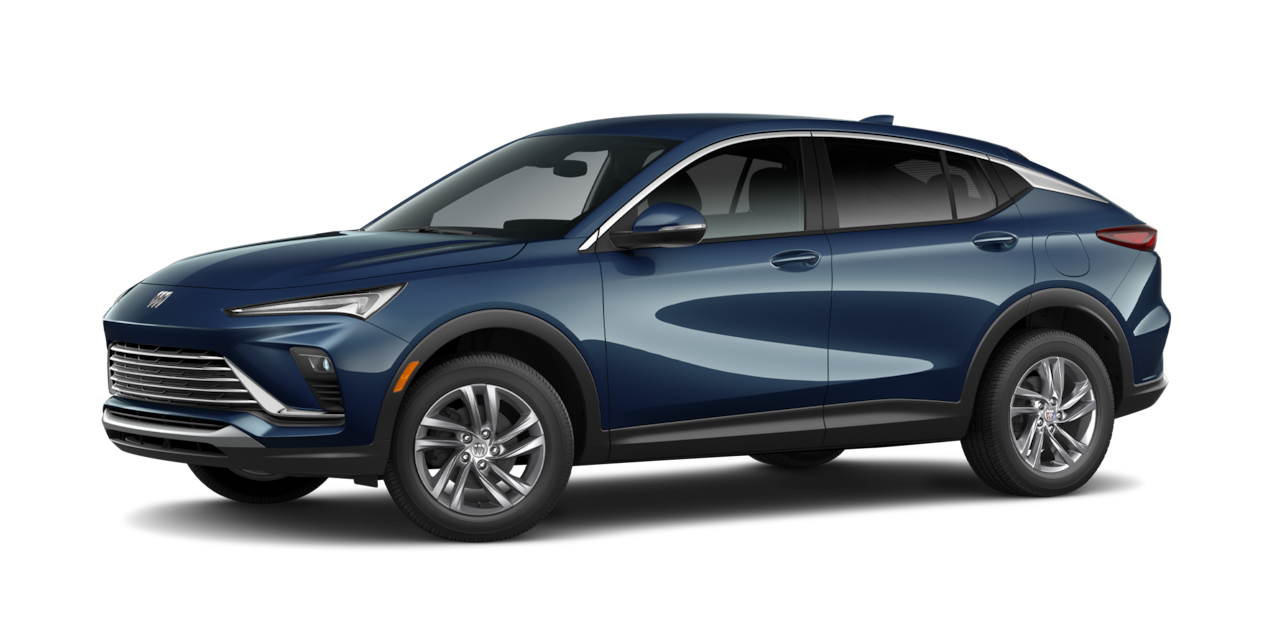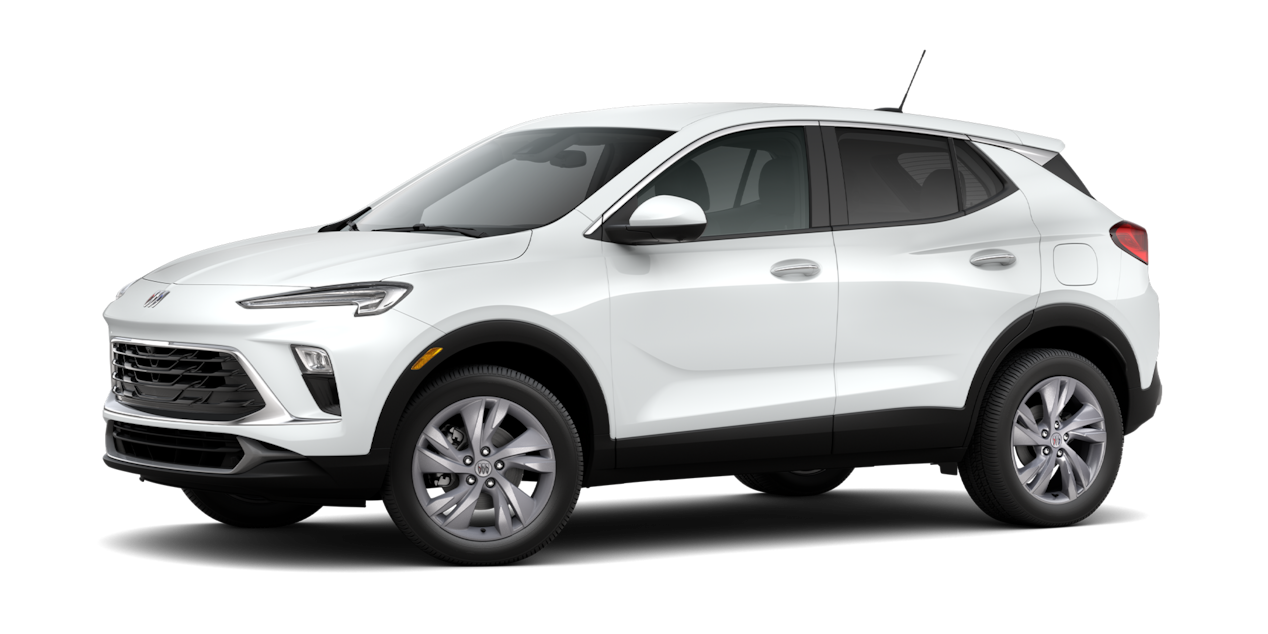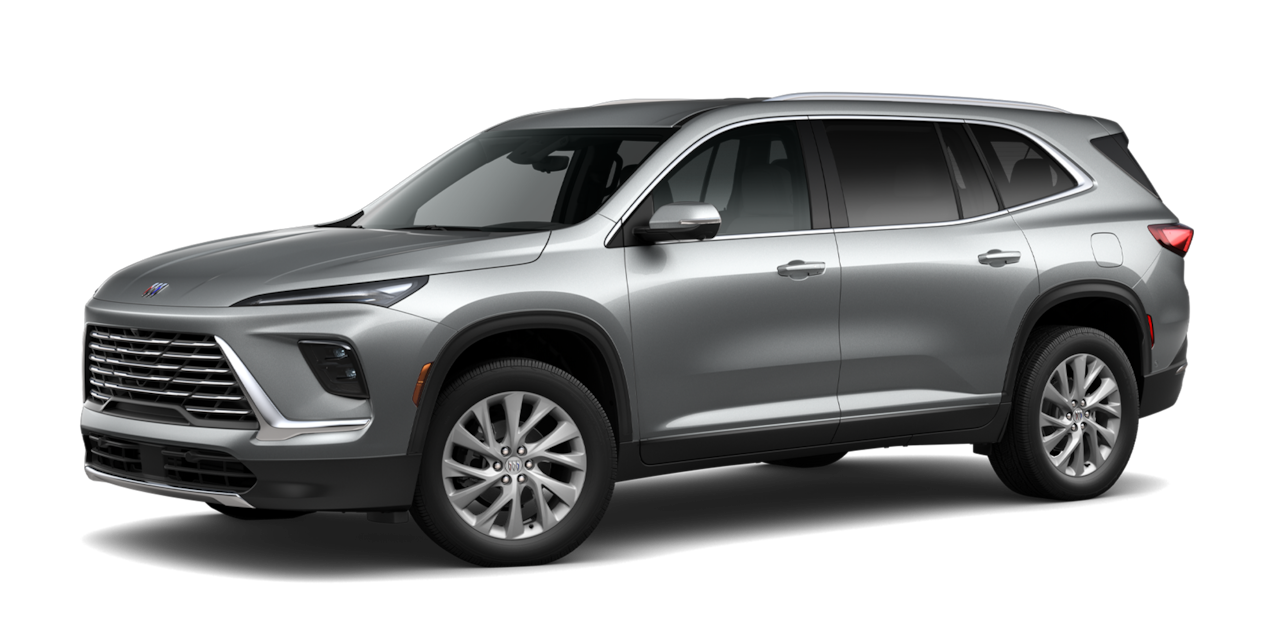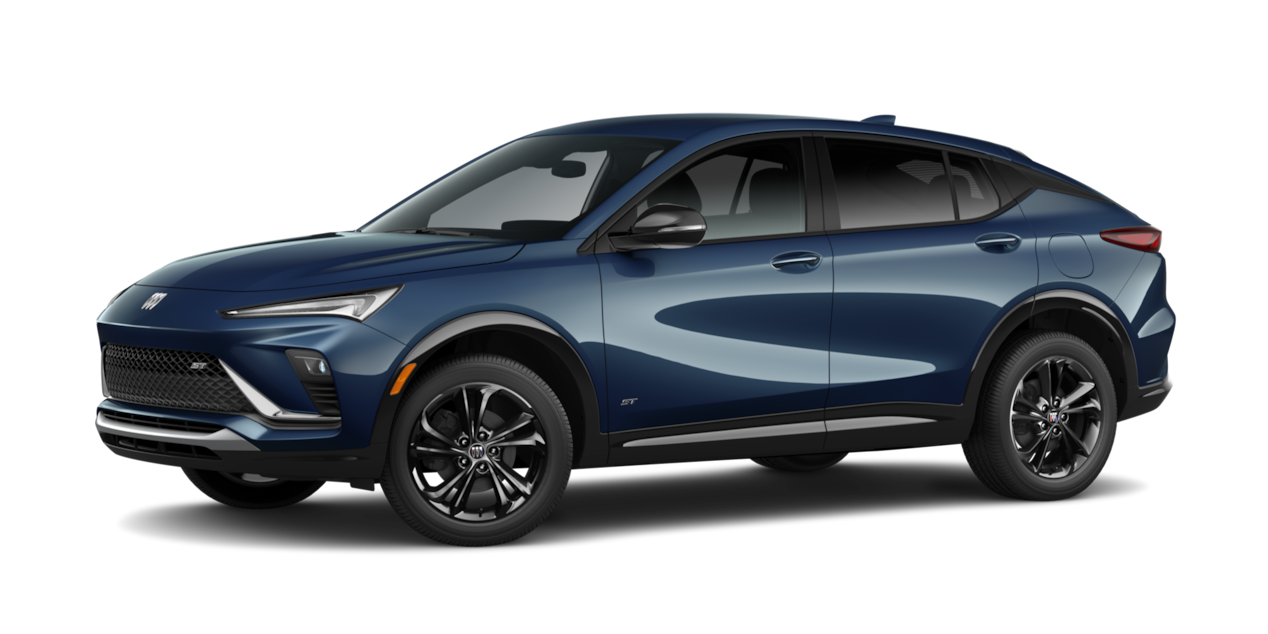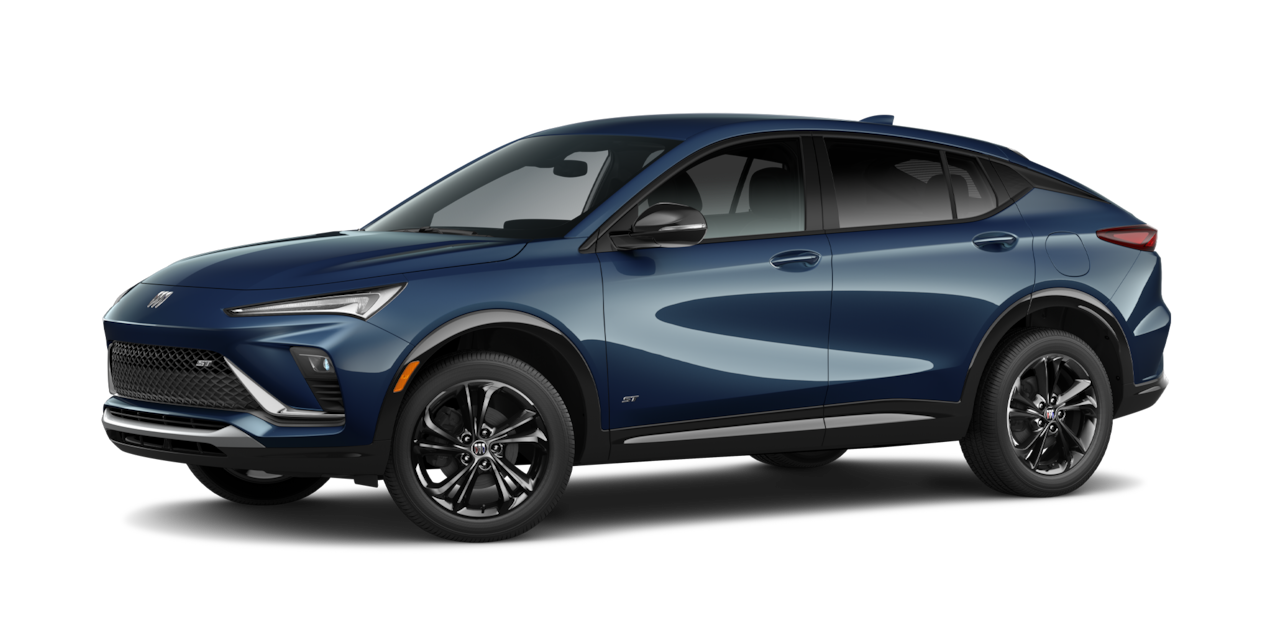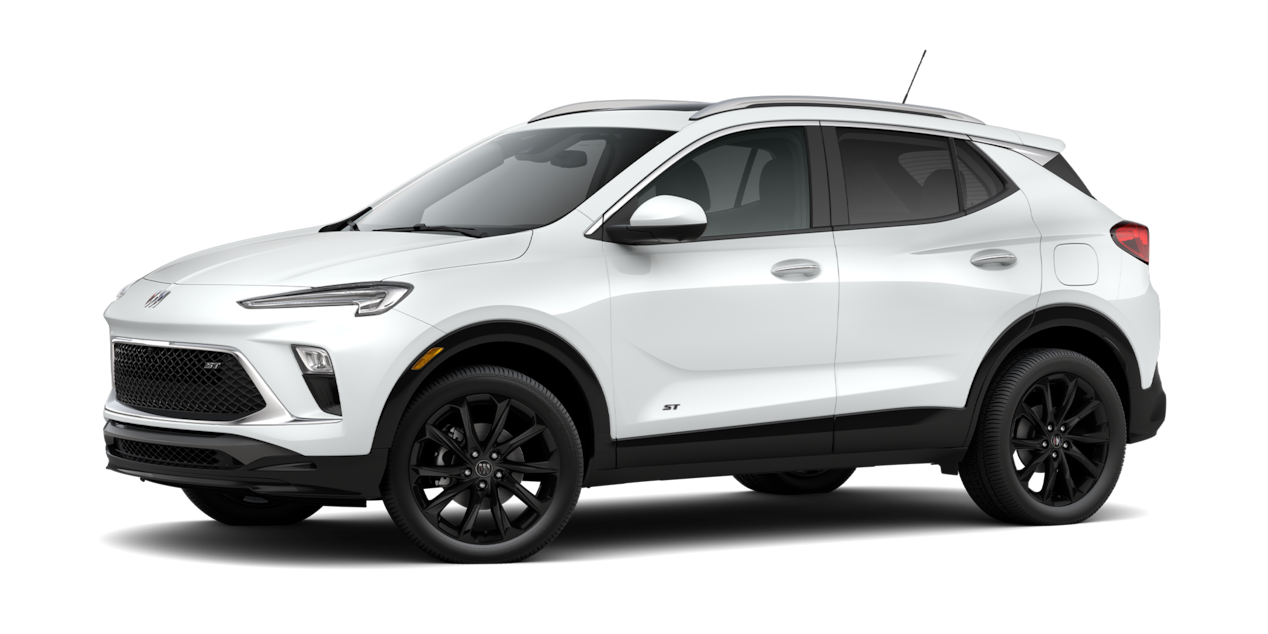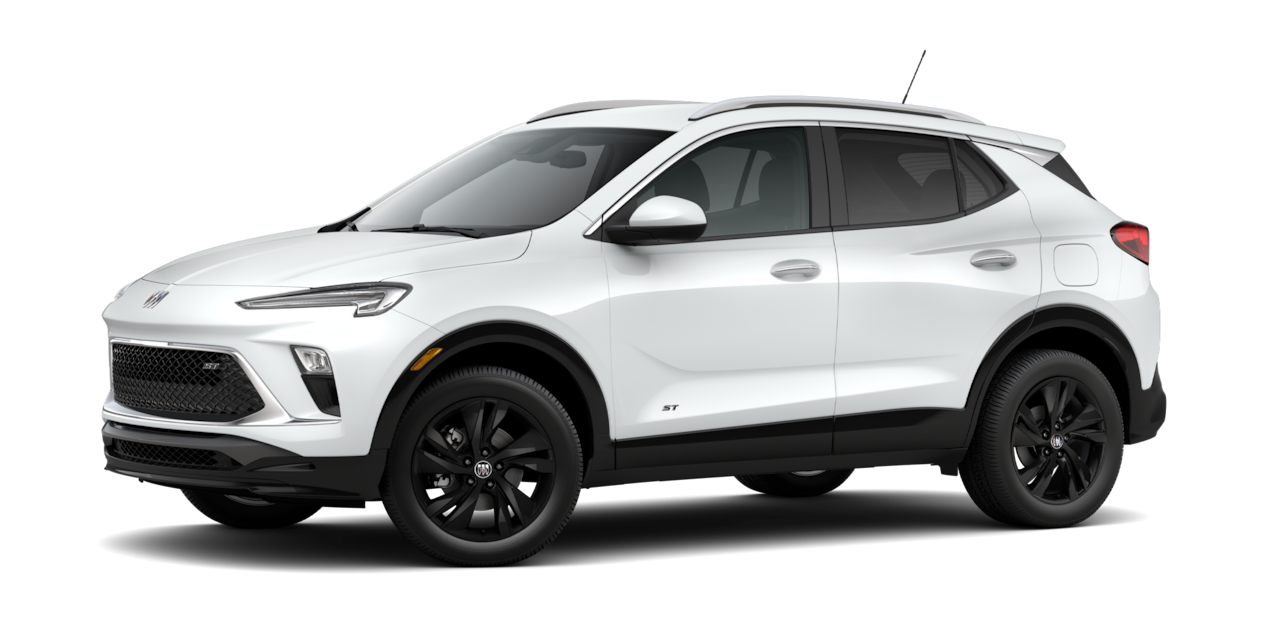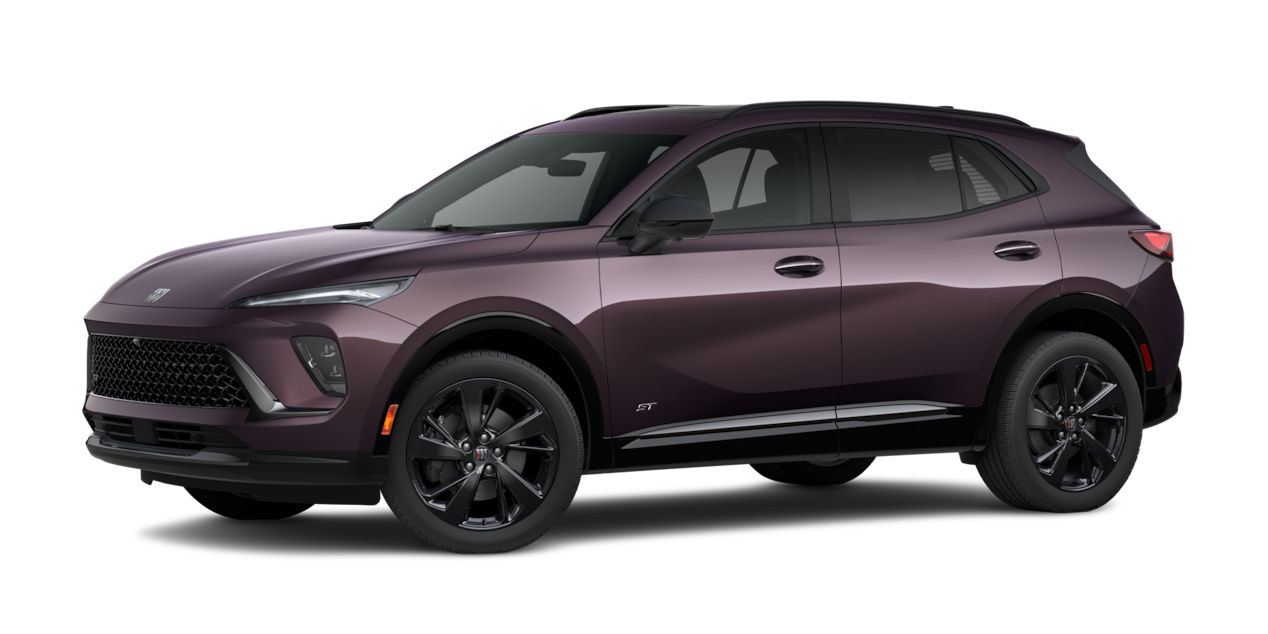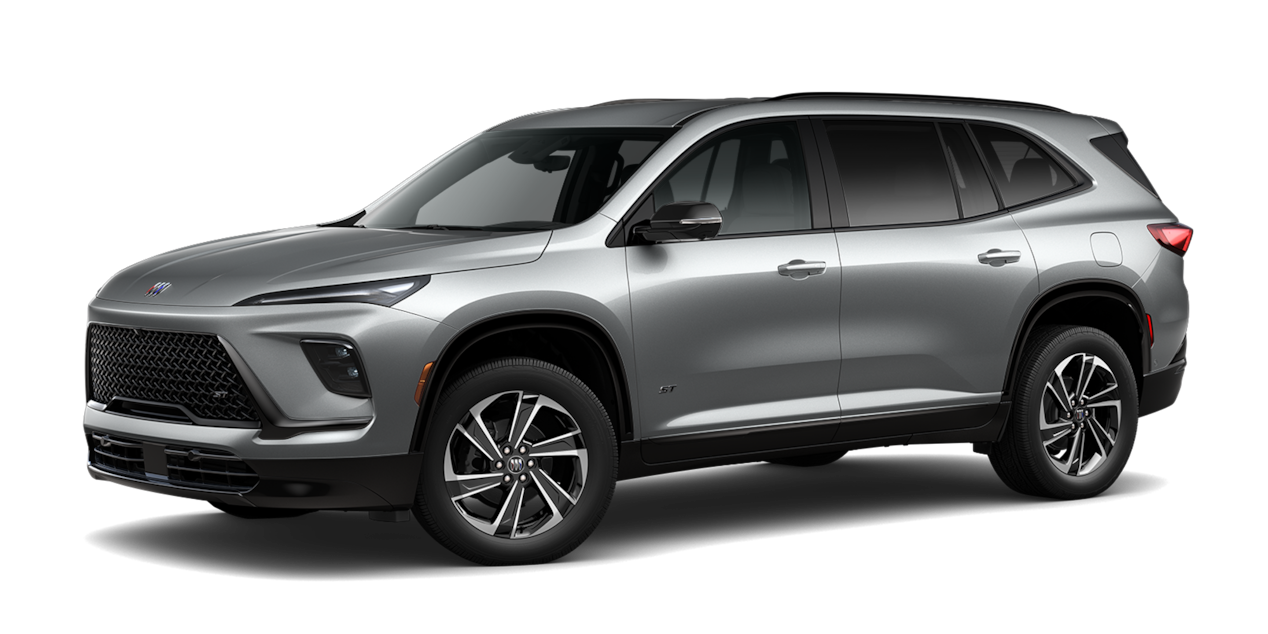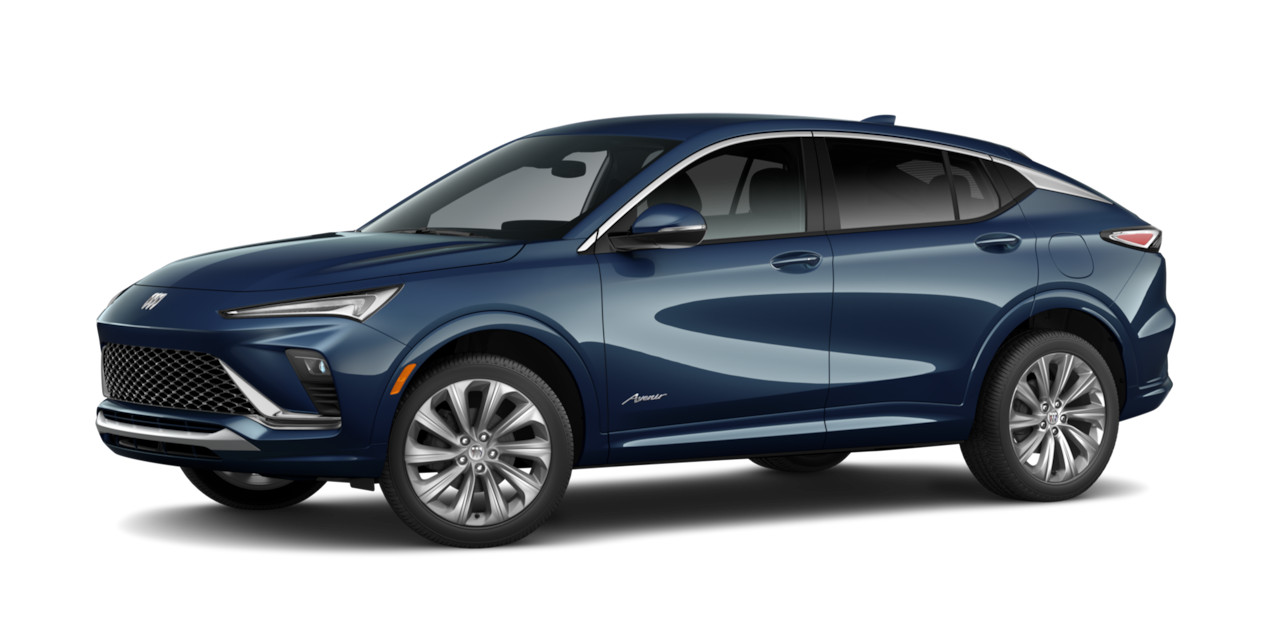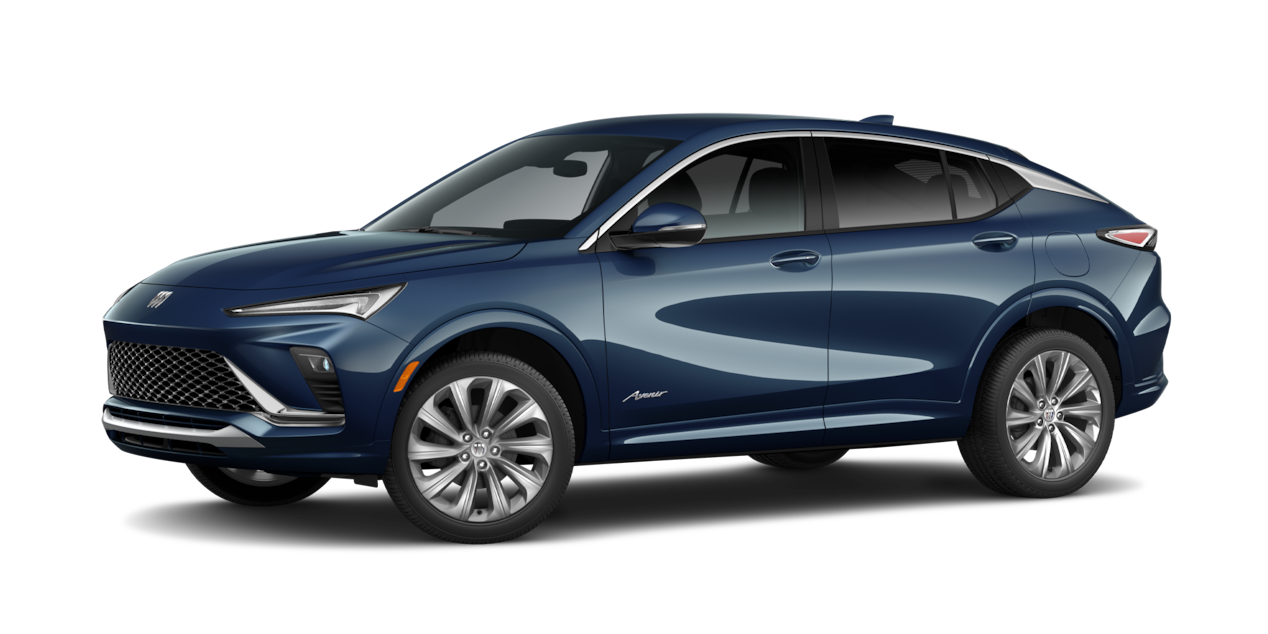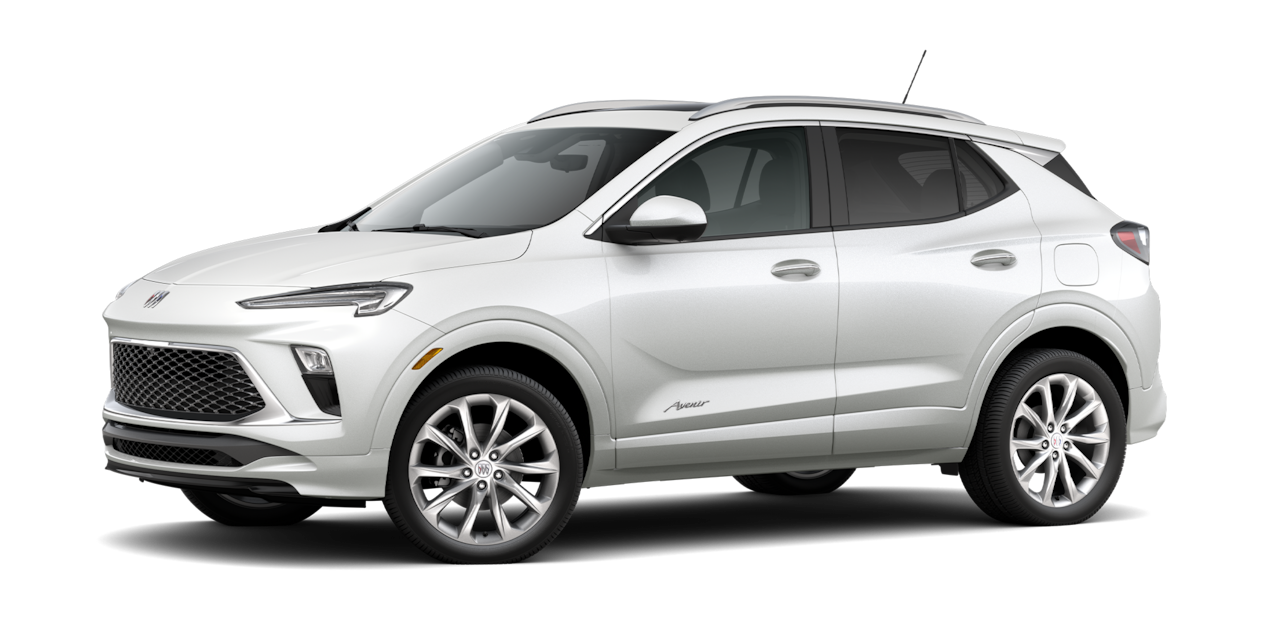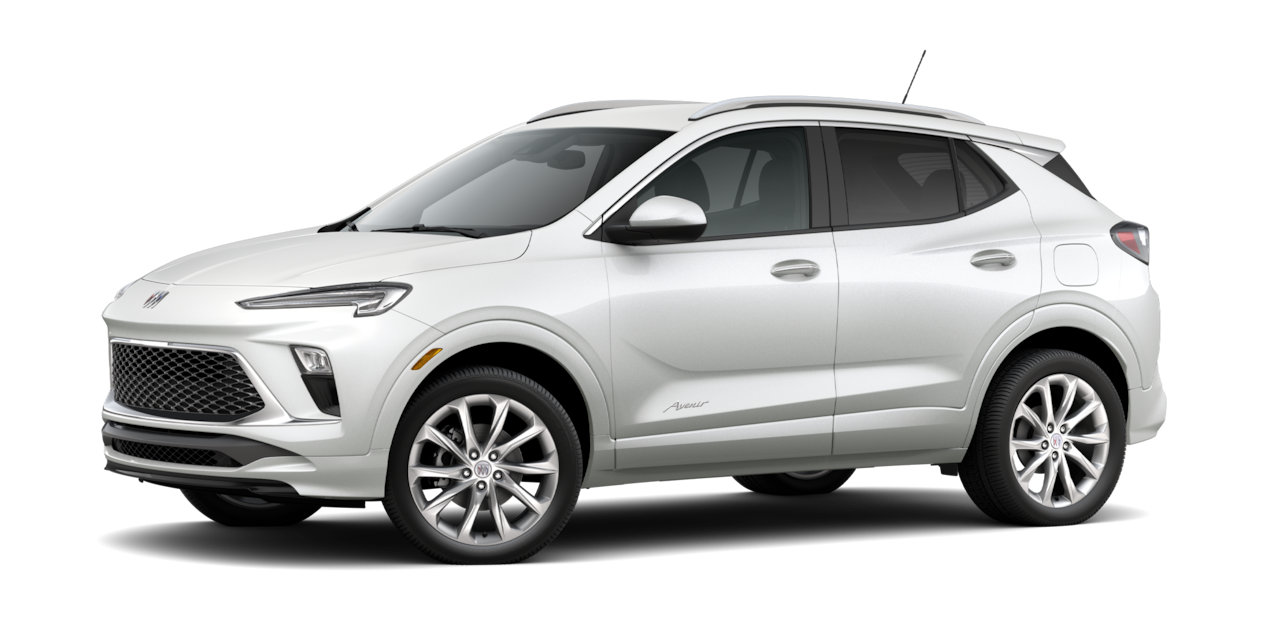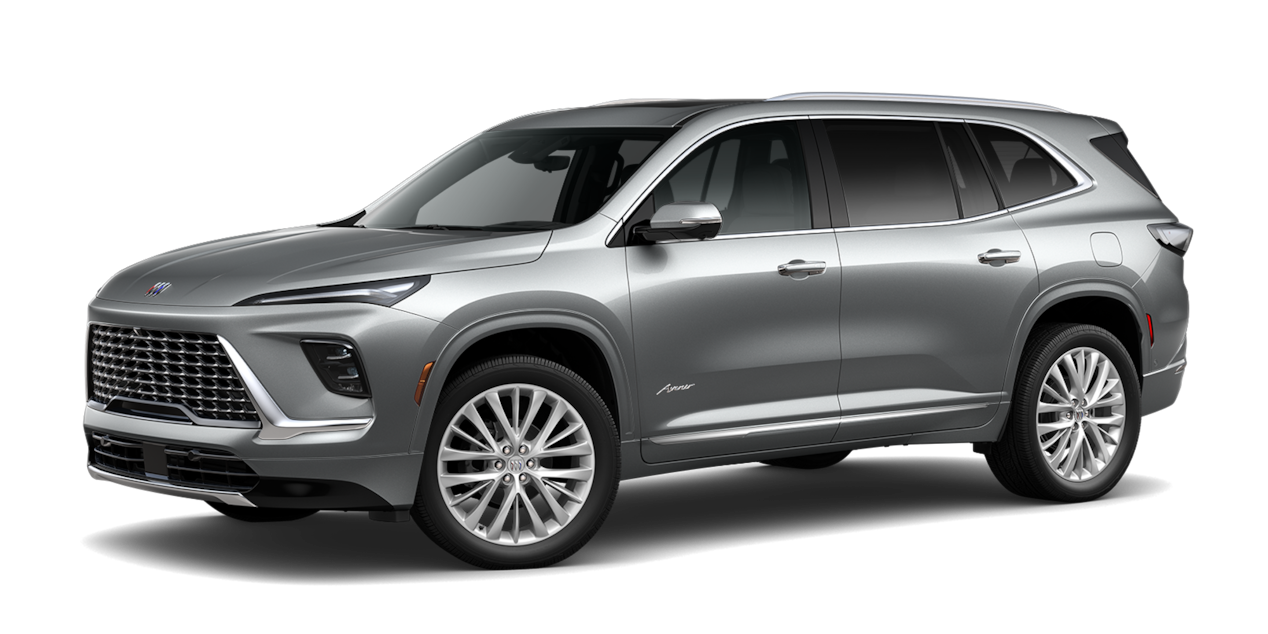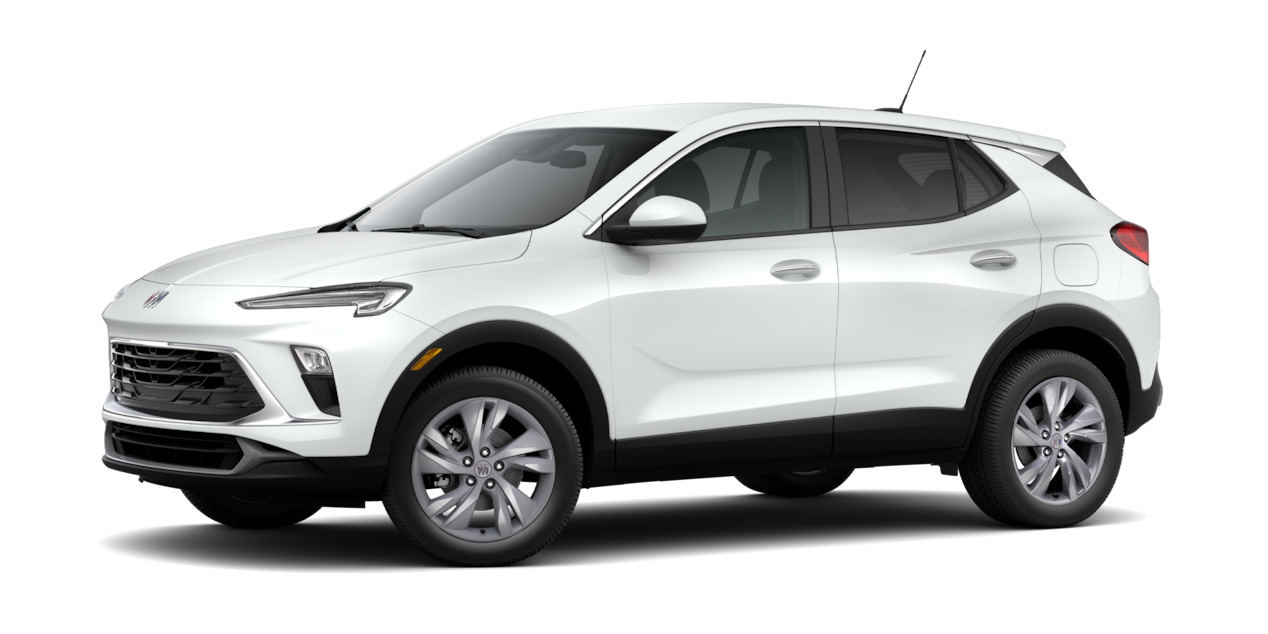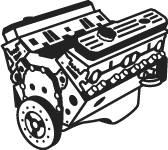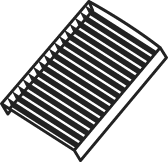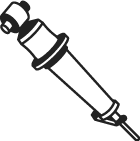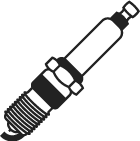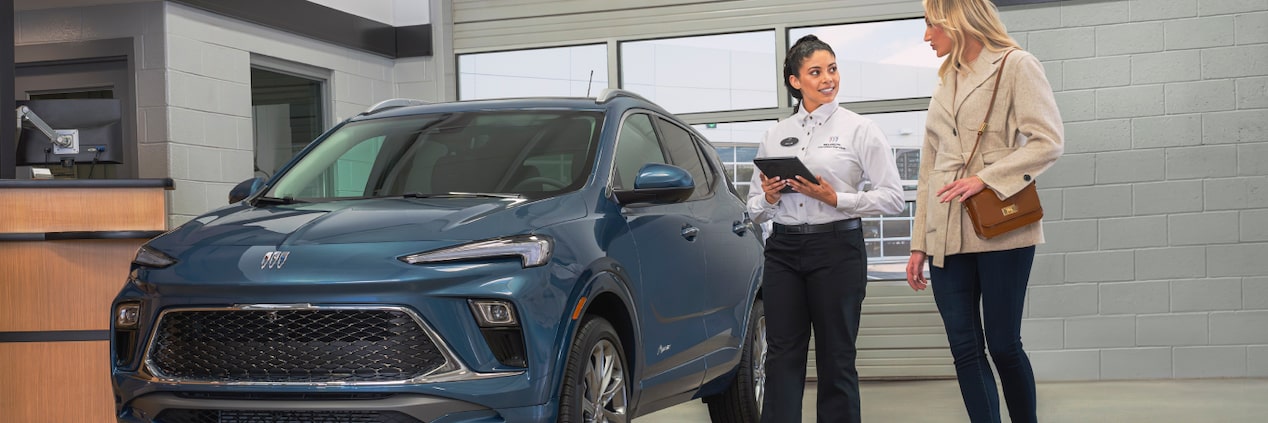
Buick Maintenance
Make the most of every mile
Your first service visit
New Buick vehicle owners get their first scheduled service visit at a participating Buick dealership for no additional charge. It includes an oil and oil filter change, four-tire rotation and a Multi-Point Vehicle Inspection
How many miles on your vehicle?
Regular maintenance helps keep your vehicle on the road for the long haul. Select your vehicle’s mileage range for recommended service. See your Owner’s Manual or myBuick mobile app for complete maintenance details.
Routine maintenance
After your first service visit, regular maintenance and inspections will help optimize performance, comfort and safety.
Certified Service Advantage
With parts made specifically for your vehicle and expert technicians trained with GM’s latest technology, you can count on your Buick Certified Service provider for seamless care.
Factory Parts Advantage
When you choose GM Original Equipment parts made by GM Genuine Parts and ACDelco parts, you’re choosing parts designed, engineered, tested and backed by General Motors.
Warranty Advantage
We offer Original Equipment parts recommended and backed by GM for Buick, Buick, GMC and Cadillac vehicles.
myBuick mobile app
The myBuick Mobile App
Buick pre-paid maintenance plan*
Take advantage of the only pre-paid maintenance product endorsed by Buick and backed by General Motors, designed to help cover costs associated with recommended maintenance.


